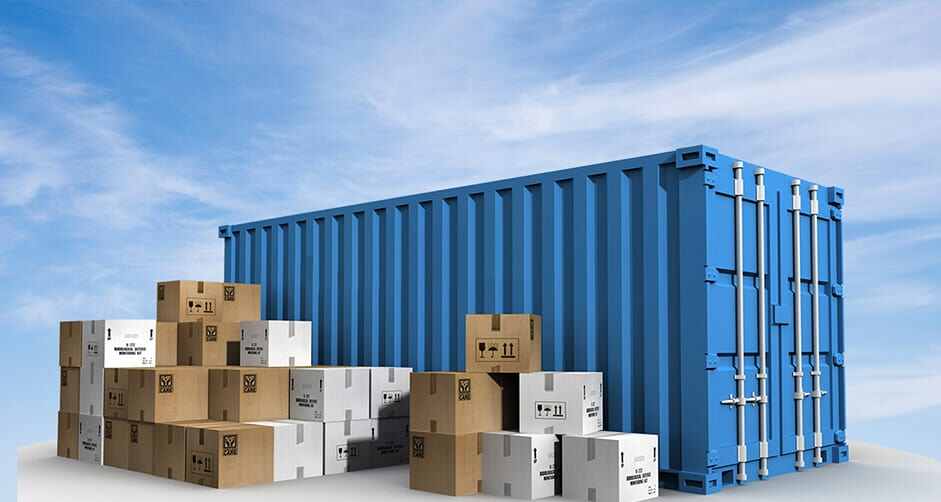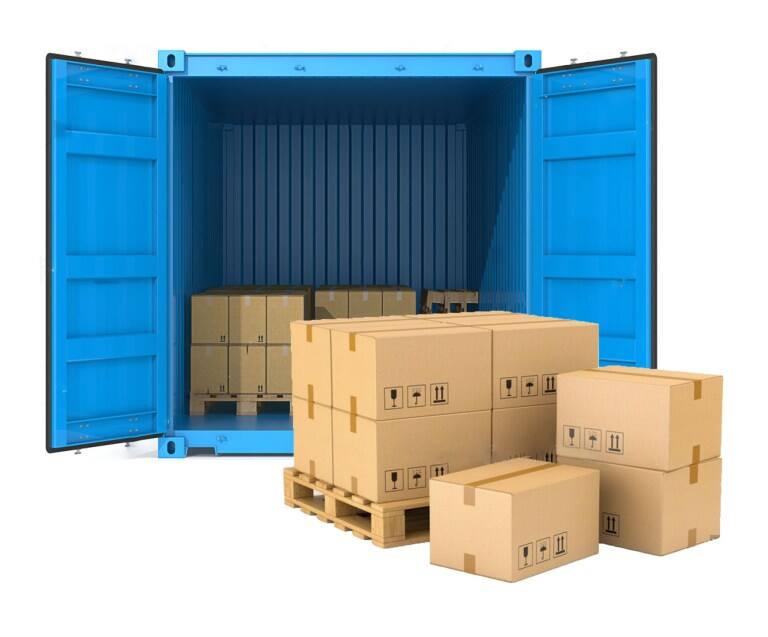export logistics
Export logistics encompasses the comprehensive management and coordination of goods movement from manufacturers to international destinations. This complex system integrates various components including warehousing, transportation, documentation, customs clearance, and delivery scheduling. Modern export logistics leverages advanced technological solutions such as real-time tracking systems, automated inventory management, and blockchain-based documentation to ensure seamless cross-border operations. The process begins with proper packaging and labeling according to international standards, followed by efficient warehouse management using smart storage systems and automated picking solutions. Transportation management systems optimize route planning and carrier selection, while customs compliance software ensures smooth regulatory clearance. Digital documentation platforms facilitate paperless transactions and reduce processing times. These operations are supported by sophisticated analytics tools that provide visibility across the entire supply chain, enabling proactive risk management and performance optimization. The system also incorporates sustainable practices, including eco-friendly packaging options and carbon footprint tracking, meeting modern environmental standards while maintaining operational efficiency.


